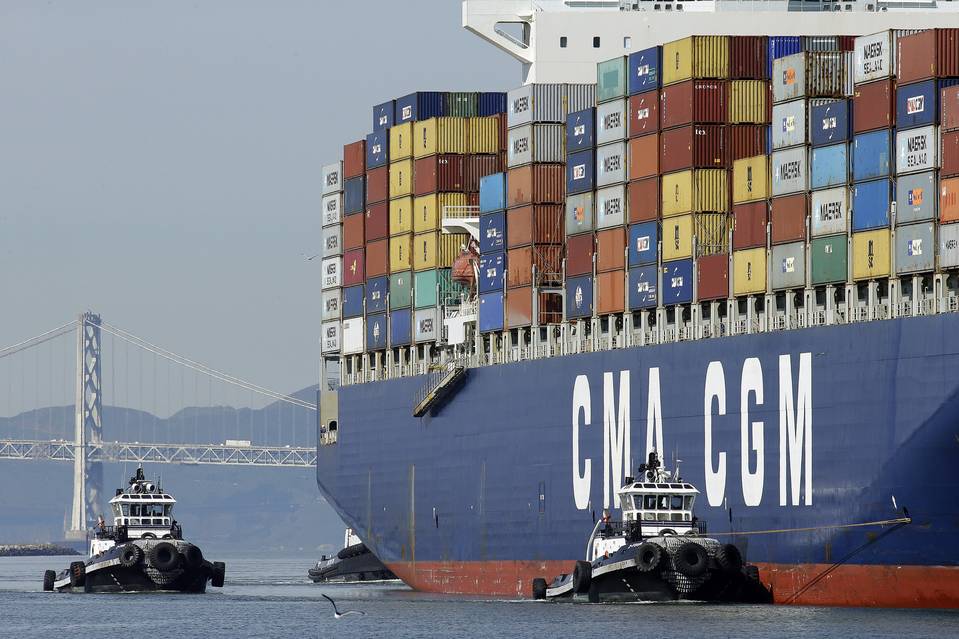- Intra-African Fair Trade Deals Hit Over $30b
Over $30 billion trade deals were wrapped up at the close of the first Intra-African Trade Fair (IATF), yesterday in Cairo, Egypt, African Export Import Bank (Afreximbank), has said.
Its President, Prof Benedict Oramah, who spoke at the closing session of the IATF, said the success recorded, has reinforced the bank’s projection that intra-African trade can be developed to attain about 52 per cent from its current level of 15 per cent. The projected trade value could also reach between $170 billion and $250billion by year 2021.
He said the fair, organised by Afreximbank, has served as a vehicle and an avenue for the bank to achieve its objective of driving intra-African business deals. According to him, it has given the bank the opportunity to recognise its capabilities, share experiences on trade and investment issues, as well as understand the peculiarities that exist in the African Union (AU), and work with other countries to actualise the African Continental Free Trade Area (AfCFTA) Agreement.
Oramah, whose closing remarks was witnessed by former President Olusegun Obasanjo, Chairman of the IATF Advisory Council, the Commissioner, Trade and Industry at the African Union Commission, Albert Muchanga, the Chief Executive Officer, Export Development Authority, Egypt, Mrs. Sherine El Shorbagi and Rwandan Ambassador to Egypt, Sherish Saleh Habinana, host country of the next IATF in Kigali, in 2020, said Afreximbank has opened a Virtual Trade Fair online for buyers and sellers, saying the “platform will continue beyond the fair to the next one in Kigali.”
In his opening remarks, Obasanjo urged Africans to put behind what he called the blame game and move forward.
He said: “We need a change of culture and belief, we must believe in Africa and what Africans can do. There will be challenges, but with this trade fair, we have identified them.
“Let us come to the end of the blame game, let us leave slave trade, neocolonialism, let us put them behind, let us wake up. I want Africa to play a full part in the regional trade value chain, to be respectable producers and enhance our dignity.
“Let us work together, so we can swim together. There is no pride in poverty, but there’s respect in prosperity and power.”
Obasanjo said the continental fair has “delivered what it was intended to do and has provided a stage for importers and exporters to meet; it has seen business deals discussed and signed, and has enhanced and driven inter-African trade,” saying that all those who have driven this enterprise should be commended.
Muchanga said the African Union Commission will ensure that before the next IATF in Kigali, trade barriers that attended the Egyptian fair, including difficulties experienced in clearing exhibitors’ goods and hurdles in obtaining entry visas, would have been addressed.

 Billionaire Watch3 weeks ago
Billionaire Watch3 weeks ago
 Startups4 weeks ago
Startups4 weeks ago
 News4 weeks ago
News4 weeks ago
 News4 weeks ago
News4 weeks ago
 Bitcoin4 weeks ago
Bitcoin4 weeks ago
 Naira4 weeks ago
Naira4 weeks ago
 Forex3 weeks ago
Forex3 weeks ago
 Treasury Bills4 weeks ago
Treasury Bills4 weeks ago



























